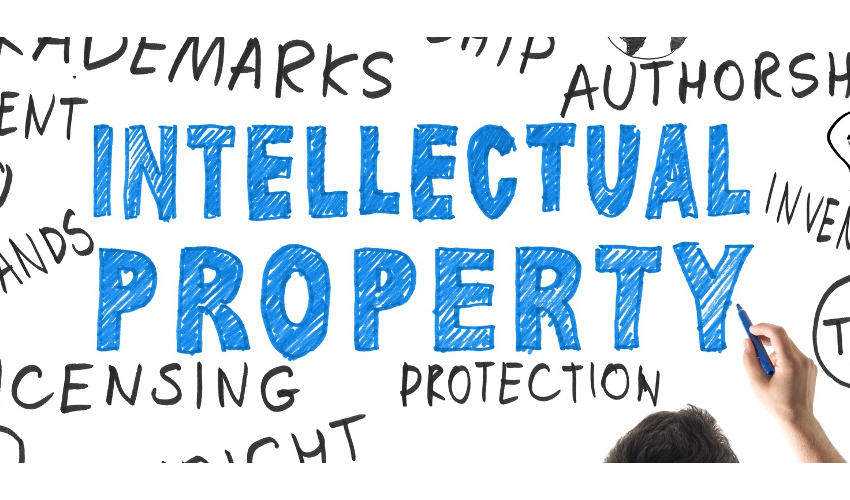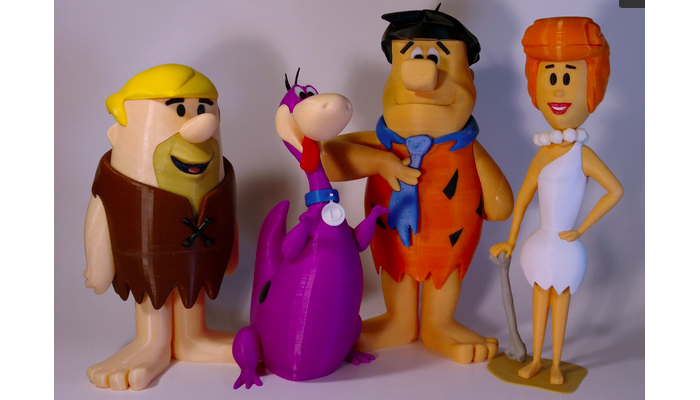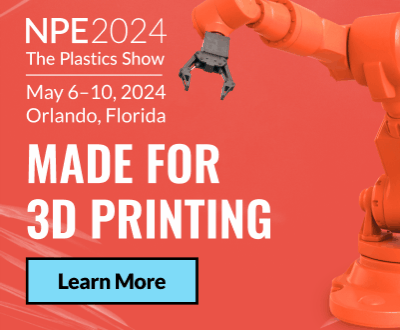Should companies just accept their IP rights will be infringed upon?

In the first part of our IP article we covered the current IP situation and what it means for consumers, designers, and professionals. During the research process we interviewed several professionals in the sector. These included Christopher J. Higgins, a 3D printing expert & Senior Associate at Orrick, as well as General Counsel at Shapeways, Michael Weinberg. They mentioned the current IP situation with large rights holders many times, so we searched deeper into the current status quo.
Large Rights Holders
During our interview with Steve Solomon in the first interview, we found that he had received several DMCA requests. These were within these companies’ legal rights – he isn’t legally authorised to create his fan-art. Some argue he should be allowed to. He creates 3D fan-art models of Charlie Brown and Barney Rubble among others. He isn’t harming anybody, and isn’t selling his wares. This paints a picture of the big evil fish going after the little minnows of the 3D printing pond.
And companies who do this are wrong, but not for the reason you think.
They are wrong because they seem to have forgotten the developments of the last decade. This is not the first time the internet has disrupted business models. In the music industry, people became unwilling to pay for songs when they were so easily available online for free. The music industry’s response was an aggressive law-suiting of everyone, and became a PR disaster. The same thing happened in the movie industry as the internet led to rampant torrent sites. This has given companies a decade to learn from their mistakes.
We can all agree that trying to “sue it out of existence…usually doesn’t work and it alienates a lot of your fans,” as Michael Weinberg told us in our interview. You just seem like the big, bad bully. So what is the best response strategy?
Collaboration
Collaboration was a key theme of both our interviews. Unable to withstand the bad press in our digital age, companies have taken to collaborating with fans who wish to create models of their characters. But does this mean that to survive, companies must just accept that their rights will be infringed upon and just smile through the pain?
Christopher J. Higgins didn’t think so, stating “I don’t think it signals an acceptance that infringement should be allowed, but rather shows that companies recognize the opportunity to interact with more consumers in nontraditional ways. We’ve seen a number of similar arrangements for toys, video games, and movie characters. To the extent that these companies can get their characters or toys in front of consumers, whether through toys sold in a brick and mortar store or through toys printed by a 3D printer in a home, that leads to greater exposure and expanded product reach. I think we will continue to see these types of collaborations between non-3D printing companies and 3D printing service providers.”
Michael Weinberg’s view was somewhat similar. He said brands should “Find a way to productively engage with it. And that usually ends up being a commercially valuable thing to do and something that helps your community.” He views the opportunity to collaborate with fans as a valuable thing, as these fans really care about the brand. “I wouldn’t say it is an acceptance that your rights will be infringed upon. I would say it is an acceptance that if you are lucky enough to have really engaged fans, you should think about a framework that you are comfortable with, as a rights holder, that allows those fans to engage in the way that they want.”
Conclusion
To conclude, brands will likely see their rights infringed upon, but acceptance doesn’t mean giving up their rights. It just means they see better commercial opportunities in allowing fans to have fun with their characters. In the digital era where building relationships with fans is so important, this will become increasingly common.
Have any opinions on the current IP state of 3D printing, let us know in a comment below or on our Facebook and Twitter pages! Don’t forget to sign up for our free Newsletter, all the latest news in 3D printing straight to your inbox!








